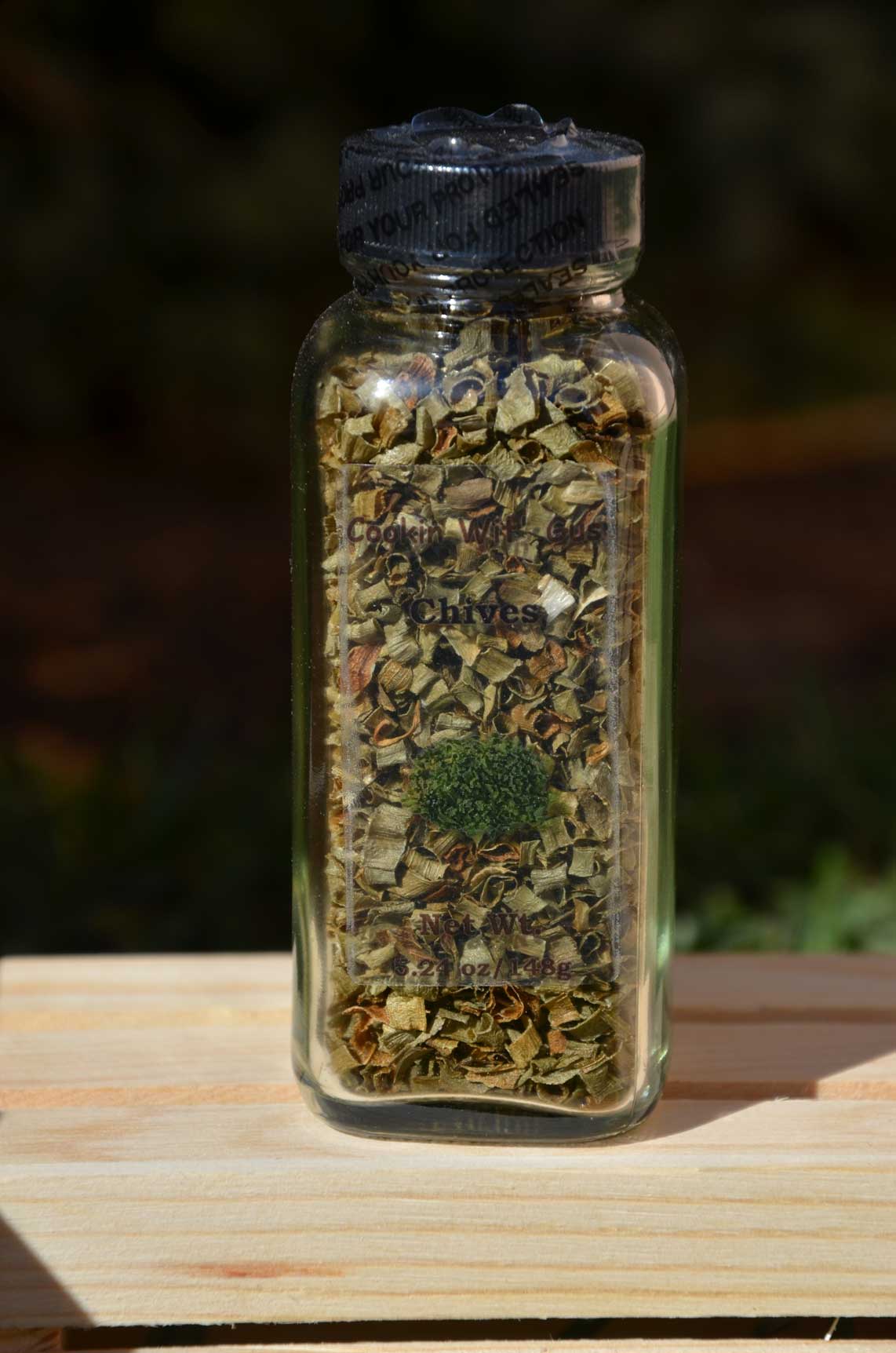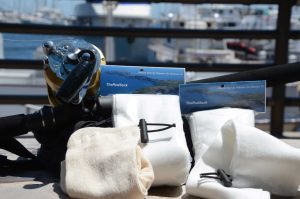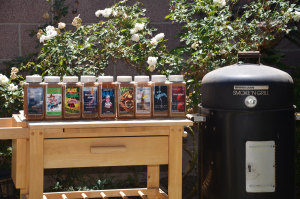Description
Chives, scientific name Allium schoenoprasum, is a species of flowering plant in the family Amaryllidaceae that produces edible leaves and flowers. Their close relatives include the common onions, garlic, shallot, leek, scallion, and Chinese onion.
Chives are a bulb-forming herbaceous perennial plant, growing to 30–50 cm (12–20 in) tall. The bulbs are slender, conical, 2–3 cm (3⁄4–1+1⁄4 in) long and 1 cm (1⁄2 in) broad and grow in dense clusters from the roots. The scapes (or stems) are hollow and tubular, up to 50 cm (20 in) long and 2–3 mm (1⁄16–1⁄8 in) across, with a soft texture, although, prior to the emergence of a flower, they may appear stiffer than usual. The grass-like leaves, which are shorter than the scapes, are also hollow and tubular, or terete, (round in cross-section) which distinguishes it briefly from garlic chives (Allium tuberosum).
Usage:
Chives are a commonly used herb and can be found in grocery stores or grown in home gardens. In culinary use, the green stalks (scapes) and the unopened, immature flower buds are diced and used as an ingredient for omelets, fish, potatoes, soups, and many other dishes. The edible flowers can be used in salads. Chives have insect-repelling properties that can be used in gardens to control pests.
Description:
The flowers are pale purple, and star-shaped with six petals, 1–2 cm (1⁄2–3⁄4 in) wide and produced in a dense inflorescence of 10-30 together; before opening, the inflorescence is surrounded by a papery bract. The seeds are produced in a small, three-valved capsule, maturing in summer. The herb flowers from April to May in the southern parts of its habitat zones and in June in the northern parts.
Chives are the only species of Allium native to both the New and the Old Worlds. Sometimes, the plants found in North America are classified as A. schoenoprasum var. sibiricum, although this is disputed. Differences between specimens are significant. One example was found in northern Maine growing solitary, instead of in clumps, also exhibiting dingy grey flowers.
Although chives are repulsive to insects in general, due to their sulfur compounds. Chive flowers attract bees, and they are at times kept increasing desired insect life.
To maintain freshness, this spice is shipped in glass bottles. That’s because glass jars can preserve the freshness of spices for up to 2 years. Glass is an awesome option for storing spices because it doesn’t react to ingredients, unlike plastics and wood. Glass doesn’t typically conduct heat and you can see what’s inside to keep track of inventory.
This spice is additive and preservative free !!!!
Shipped directly from our store to your door…….
“Life’s Good When You’re Cookin Wit’ Gus”












Reviews
There are no reviews yet.